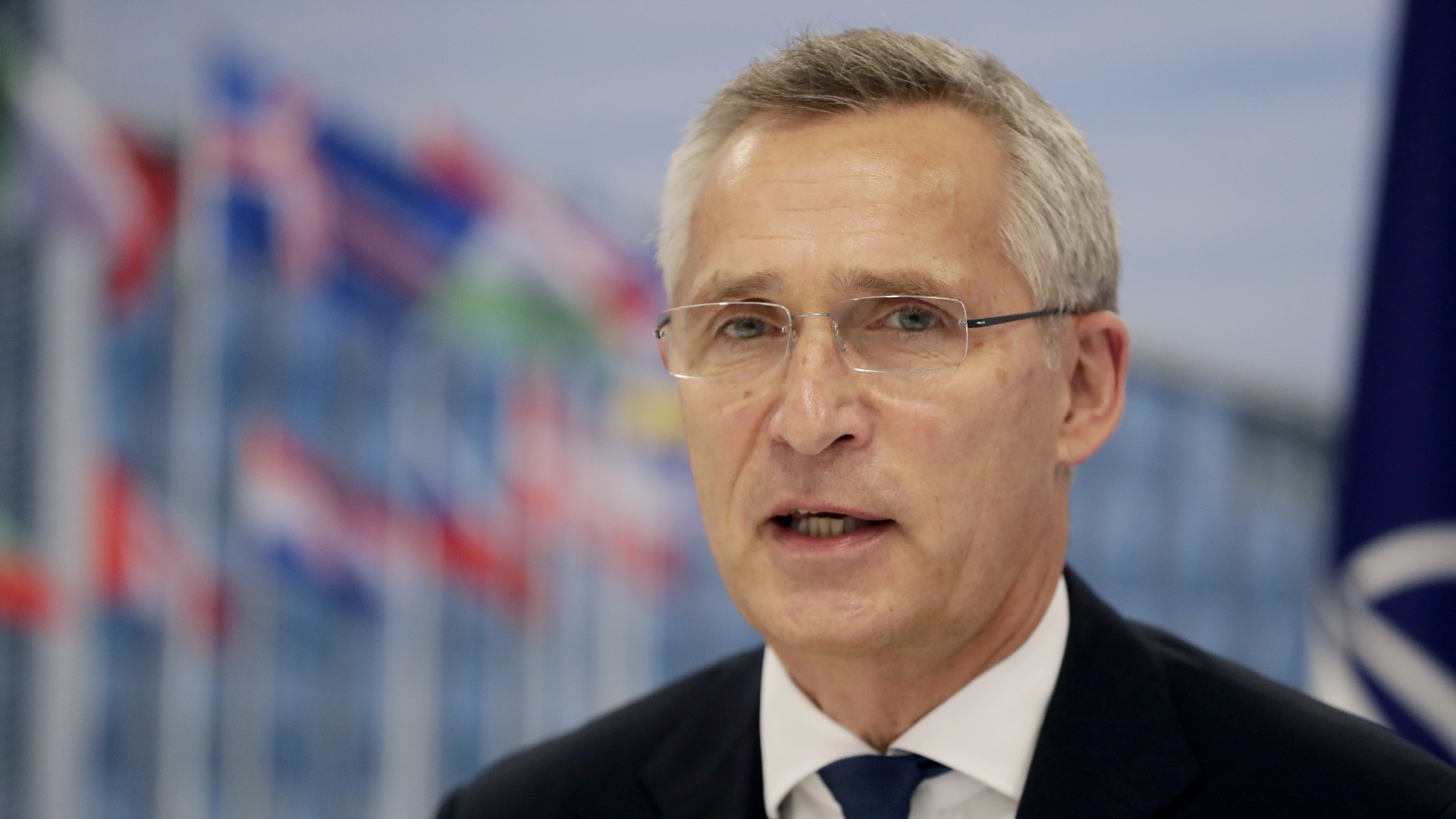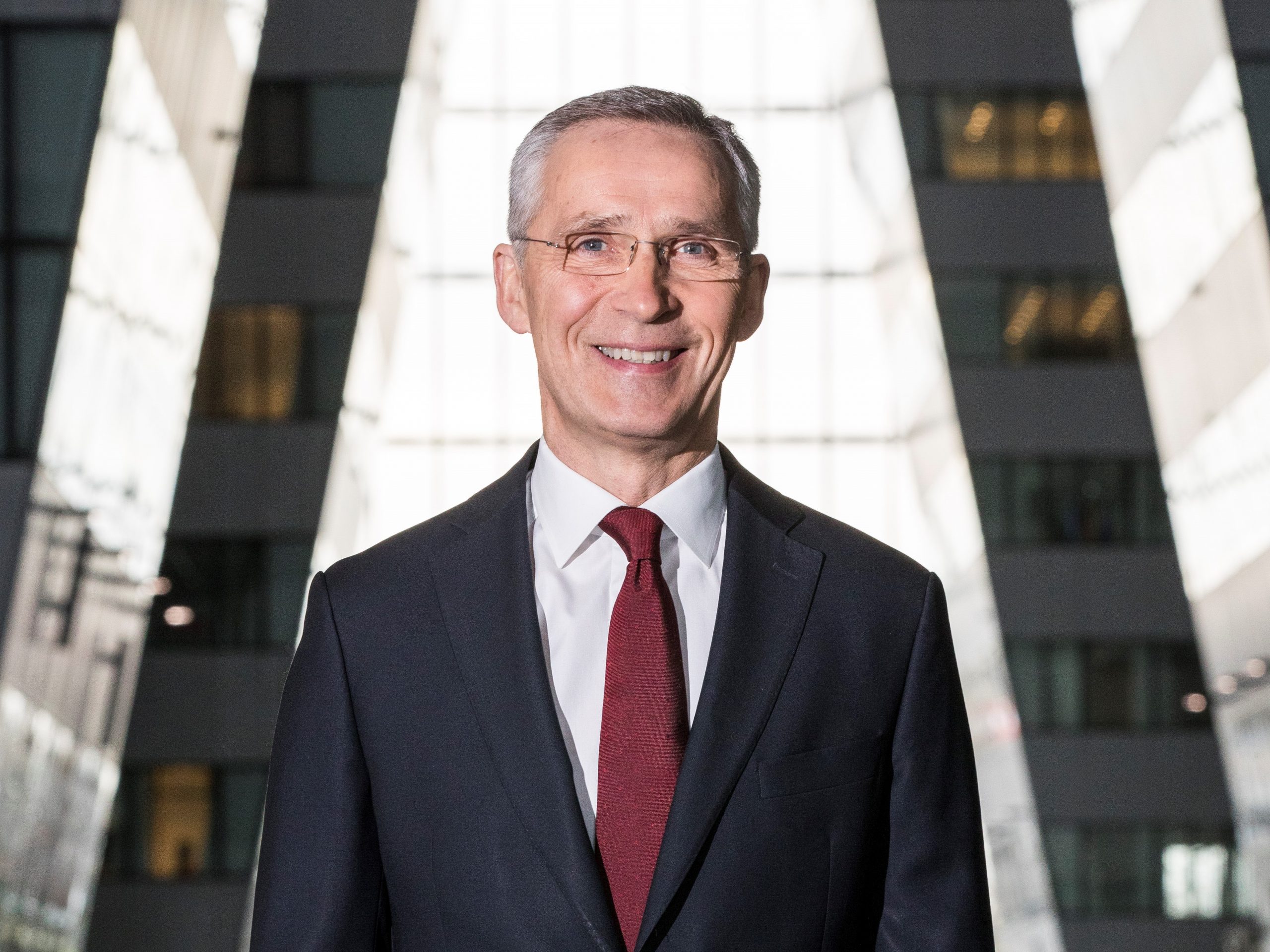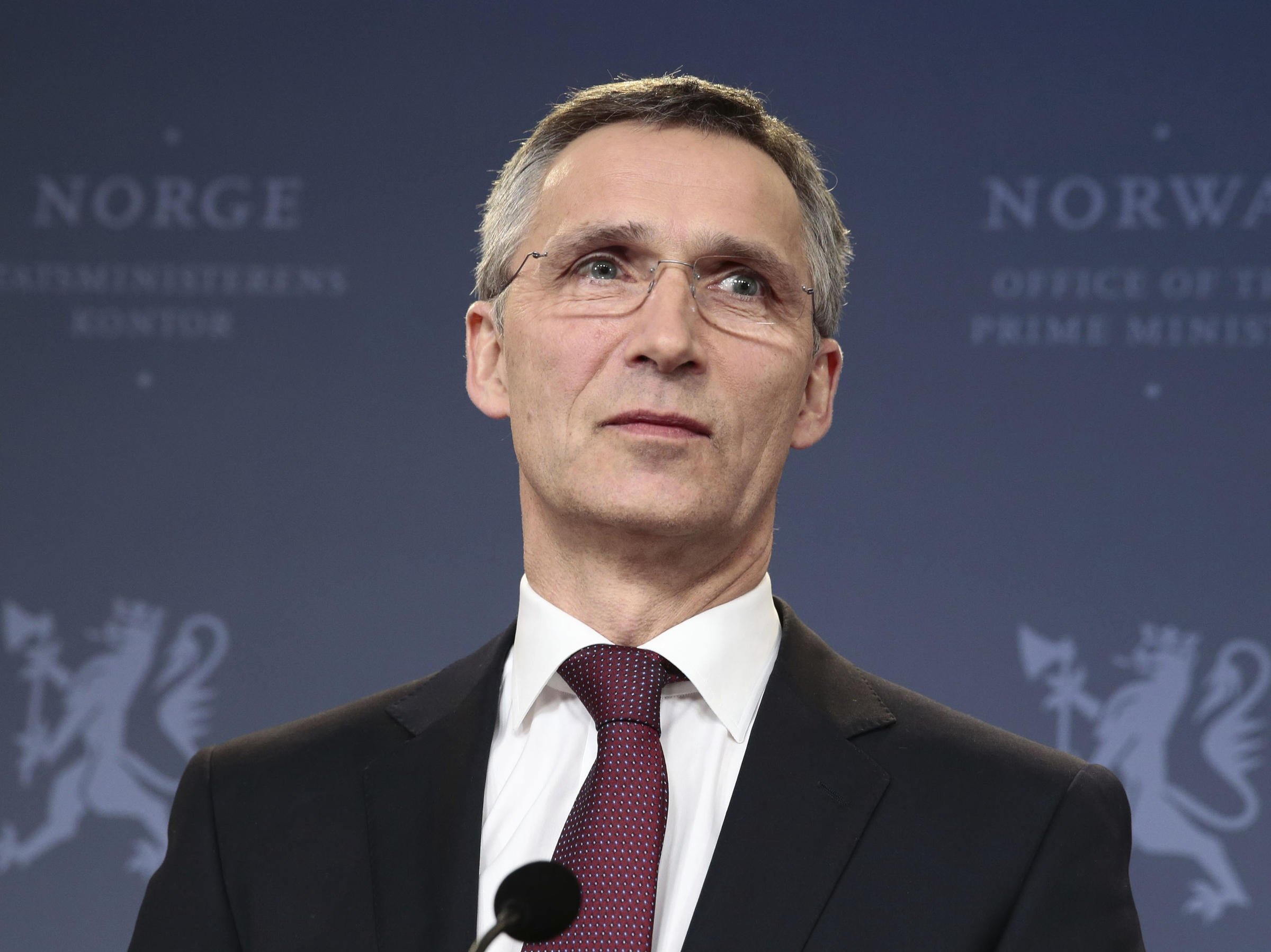Jens Stoltenberg’s Role in NATO

Jens Stoltenberg is the Secretary General of the North Atlantic Treaty Organization (NATO), a position he has held since 2014. As the alliance’s top civilian official, Stoltenberg is responsible for leading NATO’s political and military operations, coordinating its response to global crises, and representing the alliance to the world.
Jens Stoltenberg, the NATO Secretary-General, has welcomed President Biden’s biden nato speech , calling it a “historic moment” for the alliance. Stoltenberg said that Biden’s speech “reaffirmed the United States’ commitment to NATO” and “sent a clear message to Russia that NATO is united and determined to defend its members.” He added that Biden’s speech “will help to strengthen NATO and make it more effective in the years to come.”
Stoltenberg has played a key role in shaping NATO’s strategic decision-making, helping to guide the alliance through a period of significant change. He has been a strong advocate for increased defense spending among NATO members, and he has led the alliance’s efforts to counter Russian aggression in Ukraine and elsewhere.
Coordinating NATO’s Response to Global Crises, Jens stoltenberg
Stoltenberg has also played a key role in coordinating NATO’s response to global crises, including the ongoing conflict in Afghanistan and the rise of ISIS. He has worked closely with NATO member states to develop and implement strategies to address these challenges, and he has been a vocal advocate for international cooperation in the fight against terrorism.
Jens Stoltenberg, the NATO Secretary-General, recently expressed his support for President Biden’s handling of the Ukraine crisis, stating that Biden’s leadership has been “crucial” in strengthening the alliance. Biden’s recent interview further demonstrated his commitment to transatlantic cooperation and his determination to hold Russia accountable for its aggression.
Stoltenberg’s endorsement underscores the importance of Biden’s leadership in navigating the complex geopolitical landscape and ensuring the security of the Euro-Atlantic region.
Jens Stoltenberg’s Diplomatic Initiatives

Jens Stoltenberg, the Secretary-General of NATO, has played a crucial role in strengthening the alliance and fostering diplomatic relations with non-NATO countries. His diplomatic initiatives have been instrumental in promoting stability and cooperation in the Euro-Atlantic region.
Strengthening Relations with Non-NATO Countries
Stoltenberg has prioritized strengthening relations with non-NATO countries, recognizing their importance in maintaining regional security. He has engaged in regular dialogue and cooperation with countries such as Australia, Japan, South Korea, and New Zealand, enhancing NATO’s global reach and partnerships.
Facilitating Dialogue with Russia
Despite the challenges in relations between NATO and Russia, Stoltenberg has consistently advocated for dialogue and cooperation. He has maintained open channels of communication with Russian officials, seeking to de-escalate tensions and prevent misunderstandings. Stoltenberg’s diplomatic efforts have been instrumental in facilitating dialogue and cooperation on issues of mutual concern, such as arms control and terrorism.
Promoting Stability in the Euro-Atlantic Region
Stoltenberg’s diplomatic initiatives have been instrumental in promoting stability and cooperation in the Euro-Atlantic region. He has worked closely with NATO member states and partner countries to address common security challenges, such as terrorism, cyber threats, and hybrid warfare. Stoltenberg’s leadership has helped to strengthen the alliance’s collective defense and resilience, contributing to the stability of the region.
Jens Stoltenberg’s Views on Geopolitical Challenges

Jens Stoltenberg, the Secretary-General of NATO, has consistently highlighted the growing geopolitical challenges facing the alliance and the world. He has emphasized the need for NATO to adapt and modernize in order to meet these challenges effectively.
Stoltenberg’s Assessments of Current and Emerging Geopolitical Threats
Stoltenberg has identified a range of geopolitical threats that NATO must address, including:
– The rise of China and its increasing military capabilities
– The ongoing conflict in Ukraine and the security risks it poses to Europe
– The threat of terrorism and the spread of weapons of mass destruction
– The challenges posed by climate change and environmental degradation
Stoltenberg has warned that these threats are interconnected and could have significant consequences for NATO’s security. He has called for the alliance to strengthen its collective defense, enhance its intelligence sharing, and invest in new technologies to counter these challenges.
Stoltenberg’s Perspectives on the Rise of China and Its Implications for NATO
Stoltenberg has stated that the rise of China is one of the most significant geopolitical challenges facing NATO. He has acknowledged that China is a powerful and growing economy with a rapidly modernizing military. He has also expressed concern about China’s growing assertiveness in the Asia-Pacific region and its potential to challenge the existing global order.
Stoltenberg has argued that NATO must adapt to the changing security landscape in the Asia-Pacific region. He has called for the alliance to strengthen its partnerships with countries in the region and to develop new strategies to address the challenges posed by China.
Stoltenberg’s Opinions on the Evolving Security Landscape in Europe and the Middle East
Stoltenberg has emphasized the importance of NATO’s role in maintaining security and stability in Europe. He has warned that the ongoing conflict in Ukraine poses a serious threat to European security and has called for the alliance to continue to support Ukraine in its defense against Russian aggression.
Stoltenberg has also expressed concern about the security challenges in the Middle East. He has argued that NATO must continue to play a role in the region, including by supporting efforts to combat terrorism and promote stability.